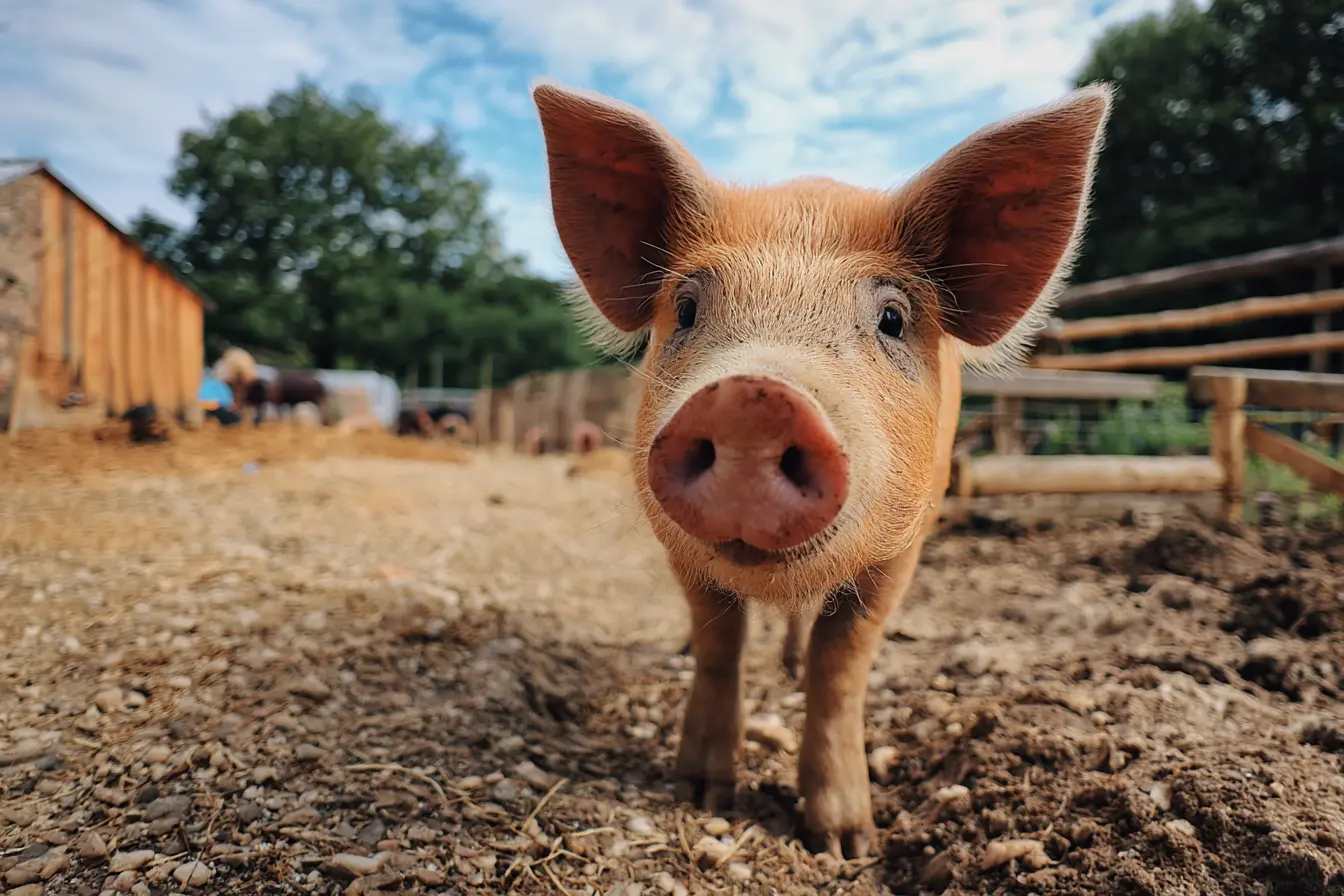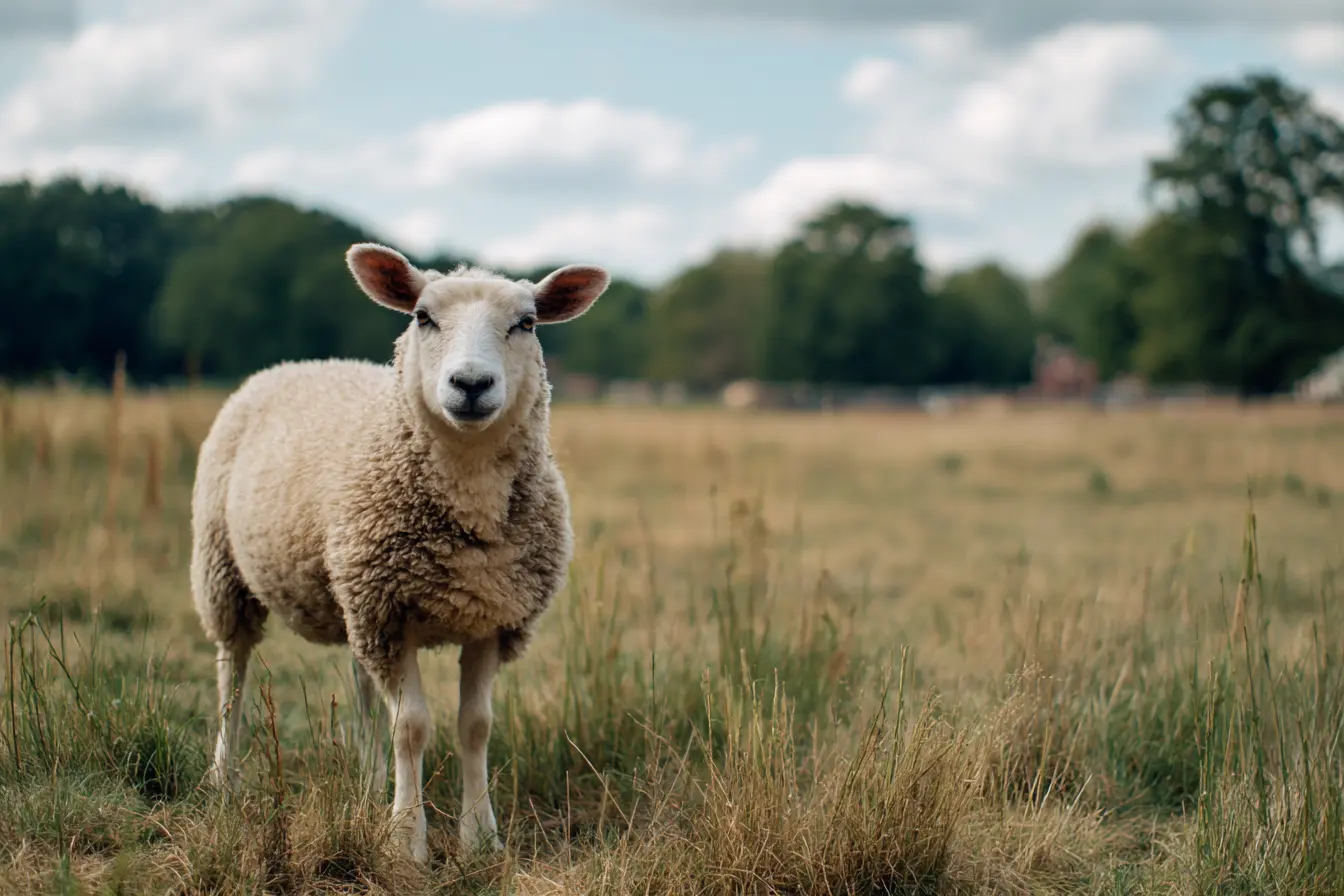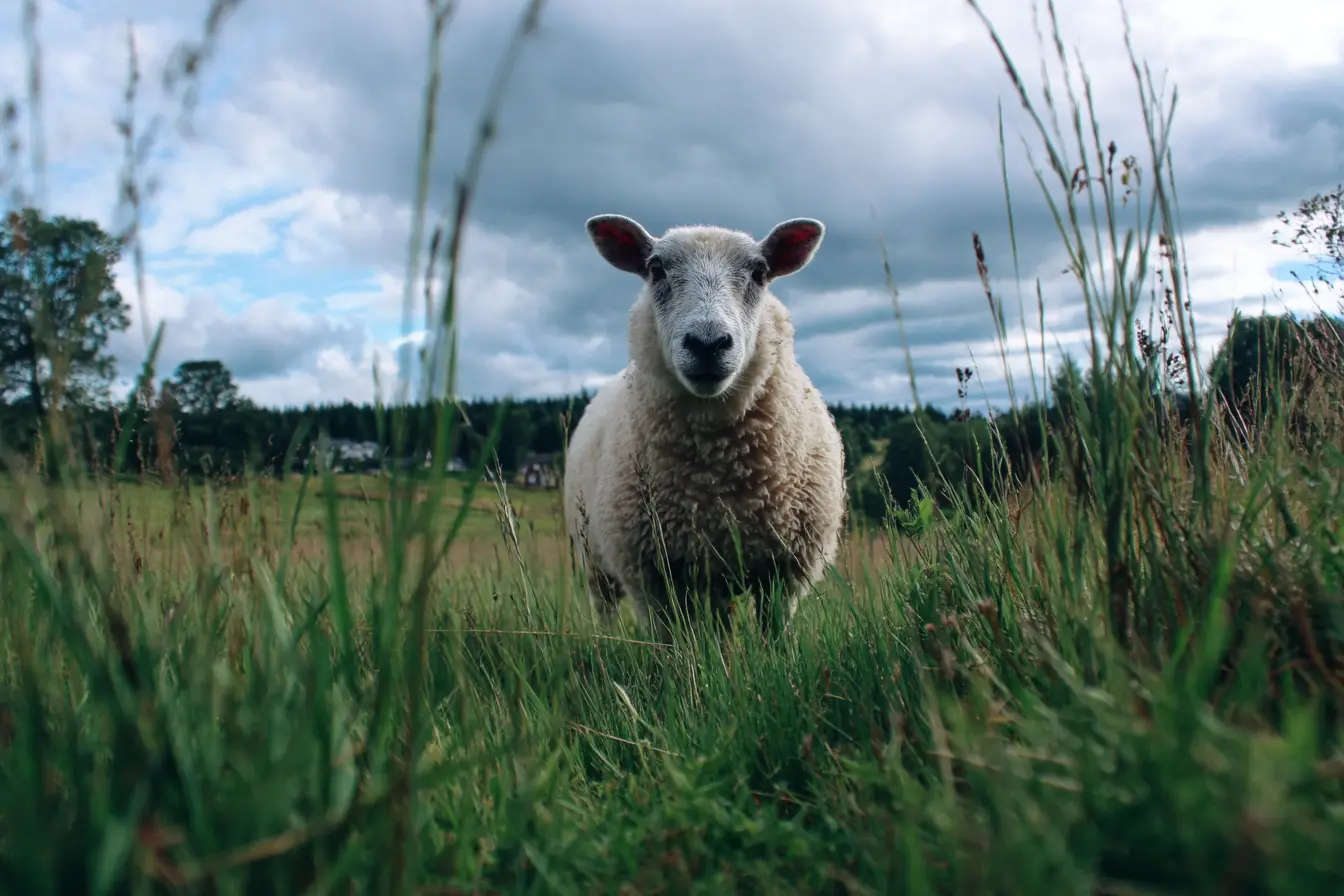
A Complete Guide to the Food Standards Agency (FSA) and Animal Welfare Compliance for Livestock Farmers
The Food Standards Agency (FSA) is responsible for ensuring food safety and animal welfare in slaughterhouses across the UK. For livestock farmers, understanding the FSA’s role and compliance requirements is essential to maintaining high welfare standards, ensuring food safety, and avoiding legal penalties.
This guide explains what the FSA does, how its regulations affect livestock farmers, and what steps must be taken to comply with animal welfare standards.
What is the Food Standards Agency (FSA)?
The Food Standards Agency (FSA) is a UK government body responsible for food safety and hygiene in England, Wales, and Northern Ireland. In Scotland, the equivalent authority is Food Standards Scotland (FSS).
The FSA ensures that:
- Food produced in the UK is safe to eat
- Animal welfare laws are upheld in slaughterhouses
- Hygiene standards are maintained throughout the food supply chain
- Consumers have access to accurate food information
The agency works closely with local authorities, the Animal and Plant Health Agency (APHA), Trading Standards, and the Department for Environment, Food & Rural Affairs (DEFRA) to enforce food safety and welfare regulations.
How Does the FSA Affect Livestock Farmers?
Although the FSA primarily regulates food businesses and slaughterhouses, its standards also impact livestock farmers, particularly in the following areas:
- Animal welfare at slaughter – Ensuring animals are treated humanely before and during slaughter
- On-farm welfare practices – Ensuring healthy, well-managed livestock before transport
- Food chain information (FCI) – Providing accurate information on livestock health for food safety
- Residue testing – Ensuring animals do not carry drug residues that could affect food safety
- Traceability – Maintaining accurate livestock records for disease control and food safety
Key Animal Welfare Regulations Farmers Must Follow
Livestock farmers must comply with several animal welfare laws enforced by the FSA, including:
The Welfare of Farmed Animals (England) Regulations 2007
This law requires farmers to:
- Provide adequate food, water, and shelter for all livestock
- Ensure animals have enough space to move and display natural behaviours
- Maintain clean and safe housing conditions
- Regularly inspect livestock health and seek veterinary care when needed
Failure to meet these standards can result in penalties, loss of farm assurance status, or prosecution.
The Welfare of Animals (Transport) (England) Order 2006
If transporting animals to slaughter, farmers must ensure:
- Animals are fit for transport and not injured, ill, or heavily pregnant
- Vehicles meet ventilation, space, and bedding requirements
- Journey times follow legal limits with adequate rest stops
Non-compliance can lead to fines, vehicle seizure, or animal welfare investigations.
The Welfare of Animals at the Time of Killing (WATOK) Regulations 2015
This law applies to animals sent for slaughter and includes:
- Rules for stunning and humane killing methods
- Training and licensing requirements for slaughterhouse workers
- Monitoring procedures to prevent unnecessary suffering
Farmers must ensure that only approved slaughterhouses are used, and they must be confident in the abattoir’s welfare practices.
Food Chain Information (FCI) and Farmer Responsibilities
Farmers must provide Food Chain Information (FCI) for all livestock sent to slaughter. This document includes:
- Animal health and welfare history, including any diseases or treatments
- Withdrawal periods for medicines to ensure no drug residues are present
- Details of the farm and production system (e.g., organic, free-range)
- Any incidents of disease or contamination that could affect food safety
Failure to provide accurate FCI can delay slaughter, lead to food safety concerns, or result in penalties.
Residue Testing and Antibiotic Use
The FSA conducts residue testing on livestock to check for:
- Antibiotic residues from veterinary treatments
- Pesticide contamination from feed or grazing
- Illegal substances (e.g., growth hormones)
Farmers must:
- Follow strict withdrawal periods after administering medicines
- Keep detailed records of all veterinary treatments
- Ensure compliance with farm assurance schemes such as Red Tractor
Non-compliance can result in livestock rejection, financial losses, and legal action.
Livestock Traceability and Record-Keeping
Farmers must maintain accurate livestock movement records to ensure traceability in the food supply chain. This includes:
- Ear tagging and identification for cattle, sheep, pigs, and goats
- Movement records via systems like BCMS (cattle), ARAMS (sheep and goats), and eAML2 (pigs)
- On-farm medicine records detailing all treatments and withdrawal periods
- Feed records to track potential contamination risks
Failure to maintain traceability records can result in movement restrictions, loss of farm assurance certification, and enforcement action.
Best Practices for Farmers to Ensure FSA Compliance
To ensure full compliance with FSA regulations, livestock farmers should:
- Follow high welfare standards from birth to slaughter
- Train farm staff on animal welfare and handling best practices
- Use only registered and reputable transporters and abattoirs
- Maintain accurate records of animal health, transport, and treatments
- Ensure livestock are healthy and fit for transport and slaughter
- Work with veterinarians to monitor animal welfare and food safety risks
- Stay updated on changes to legislation and industry guidance
Penalties for Non-Compliance
Failure to comply with FSA regulations can lead to:
- Fines and prosecution under animal welfare or food safety laws
- Suspension or removal from assurance schemes (e.g., Red Tractor, Soil Association)
- Confiscation of livestock in serious welfare breaches
- Closure of transport or slaughter operations for serious violations
Regular inspections by the FSA, APHA, and Trading Standards ensure that farmers and food businesses remain compliant.
Conclusion
The Food Standards Agency (FSA) plays a critical role in ensuring animal welfare, food safety, and legal compliance within the livestock industry. Farmers must uphold high standards in animal care, transport, and record-keeping to comply with FSA regulations and maintain consumer confidence in UK meat production.
Contents
- What is the Food Standards Agency (FSA)?
- How Does the FSA Affect Livestock Farmers?
- Key Animal Welfare Regulations Farmers Must Follow
- Food Chain Information (FCI) and Farmer Responsibilities
- Residue Testing and Antibiotic Use
- Livestock Traceability and Record-Keeping
- Best Practices for Farmers to Ensure FSA Compliance
- Penalties for Non-Compliance
- Conclusion
Tags
Vets near you
Speciality vets
- Aquatics vet specialists
- Birds vet specialists
- Camelids vet specialists
- Cats vet specialists
- Cattle vet specialists
- Deer vet specialists
- Dogs vet specialists
- Equines vet specialists
- Exotic vet specialists
- Goats vet specialists
- Pigs vet specialists
- Poultry vet specialists
- Sheep vet specialists
- Small Mammals vet specialists
- Wild vet specialists
Vet facilities
- Accessible by public transport
- Blood testing
- Car park nearby
- Client car park
- Dentistry
- Diagnostic imaging
- Disabled public access
- Flea and worm treatments
- Microchipping
- Mobile services
- Neutering
- Open at weekends
- Out-of-hours service
- Referral interests
- Referrals only
- Street parking outside
- Toilets available
- Vaccinations



